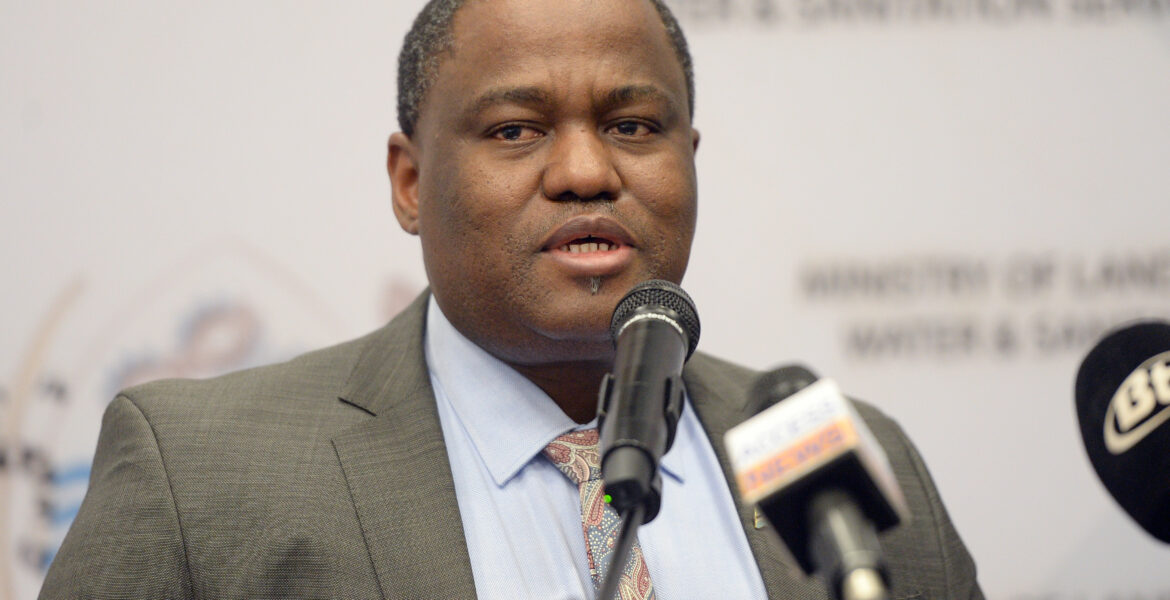- Lands minister highlights land ownership as a key driver of economic transformation
- 67,000 plots out of government’s target of 100,000 allocated across Botswana last year
PHENYO MOLEFE
At a recent conference of Botswana Association of Tribal Land Authorities (BATLA) in Palapye, the Minister of Land Management, Water and Sanitation Services, Kefentse Mzwinila, emphasised the importance of collaboration among land boards to enhance service delivery.
He urged land boards to benchmark on one another, leveraging each other’s strengths for improved efficiency and effectiveness.
In his address, Mzwinila highlighted land ownership as a key driver of economic transformation, emphasising the government’s commitment to prioritising this sector.
He stressed the need for land boards to embrace efficiency and effectiveness in their operations to support this national agenda.
Waiting lists
“I believe every land board has its strengths,” he said. “You need to look at each other’s strengths and benchmark from what is stronger in particular ones.”
Representing the newly-elected leadership of BATLA, incoming president, Kgang Kgang, echoed Minister Mzwinila’s sentiments.
Kgang emphasised the importance of addressing existing challenges, such as backlog in waiting lists and land allocation issues and advocated for public education in the Land Act in order to prevent legal complications.
Land Act
“People should familiarise themselves with the Land Act (in order) to avoid legal issues,” he stated, emphasising the need for public awareness and education in land-related matters.
The outgoing president of BATLA, Bwaambo Limbo, highlighted the critical role of the organisation as an advisory board to the government.
She underscored the significance of formal recognition through legislative measures, citing Section 52 of the Tribal Land Act of 2018 as a testament to BATLA’s importance in Botswana’s land management.
Economic transformation
The association reported significant progress, having managed to allocate 67,000 plots out of the government’s target of 100,000 plots.
This achievement reflects the dedication of land boards and the collaborative efforts of stakeholders in addressing land-related challenges and advancing the nation’s development agenda.
As Botswana continues on its journey of economic transformation, collaboration and innovation in land management will remain essential for sustainable growth and prosperity.

